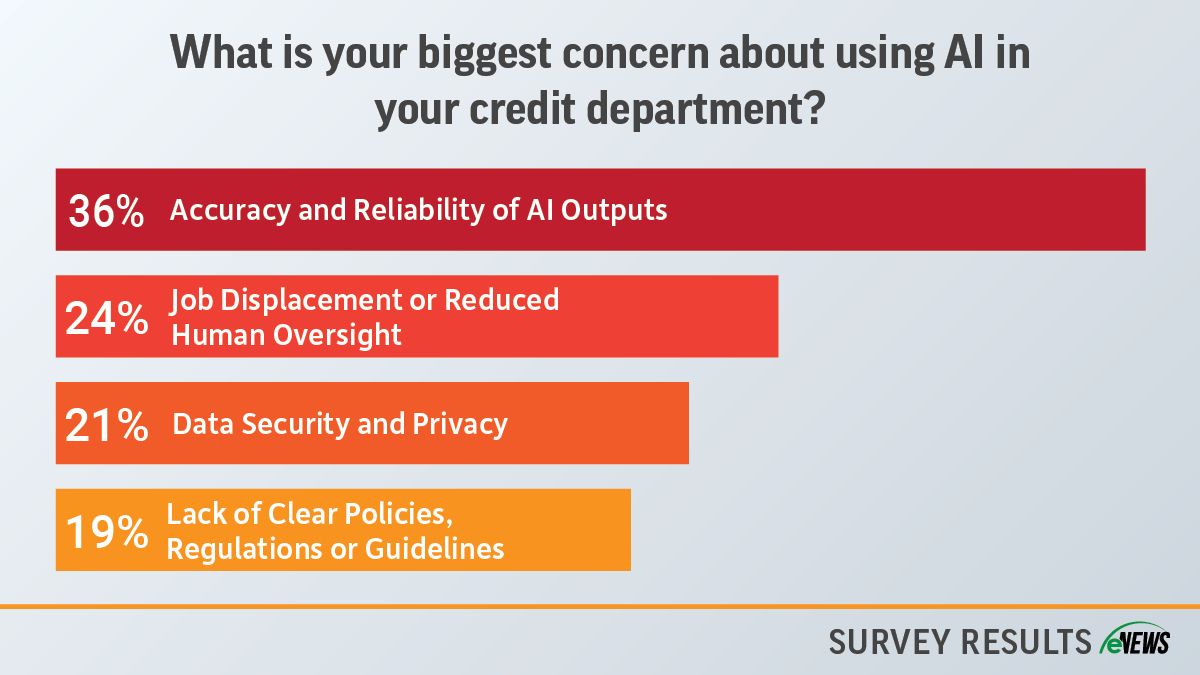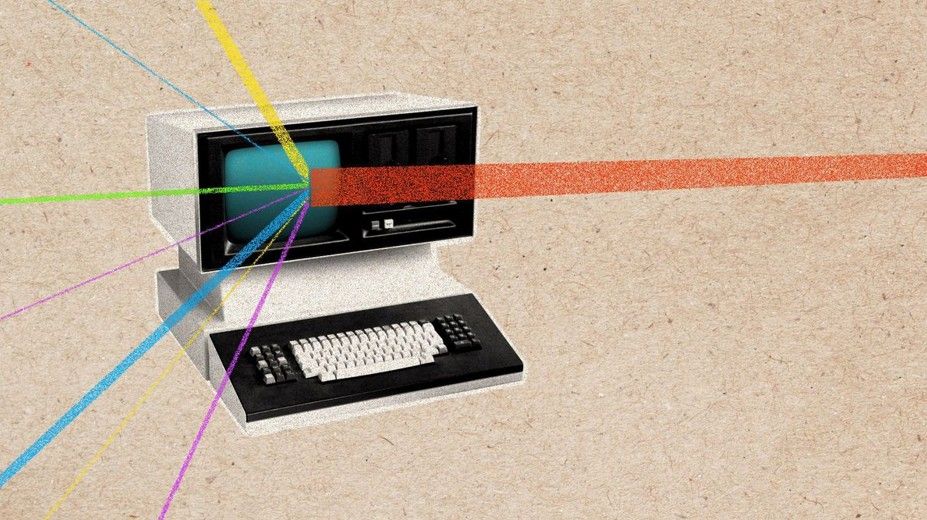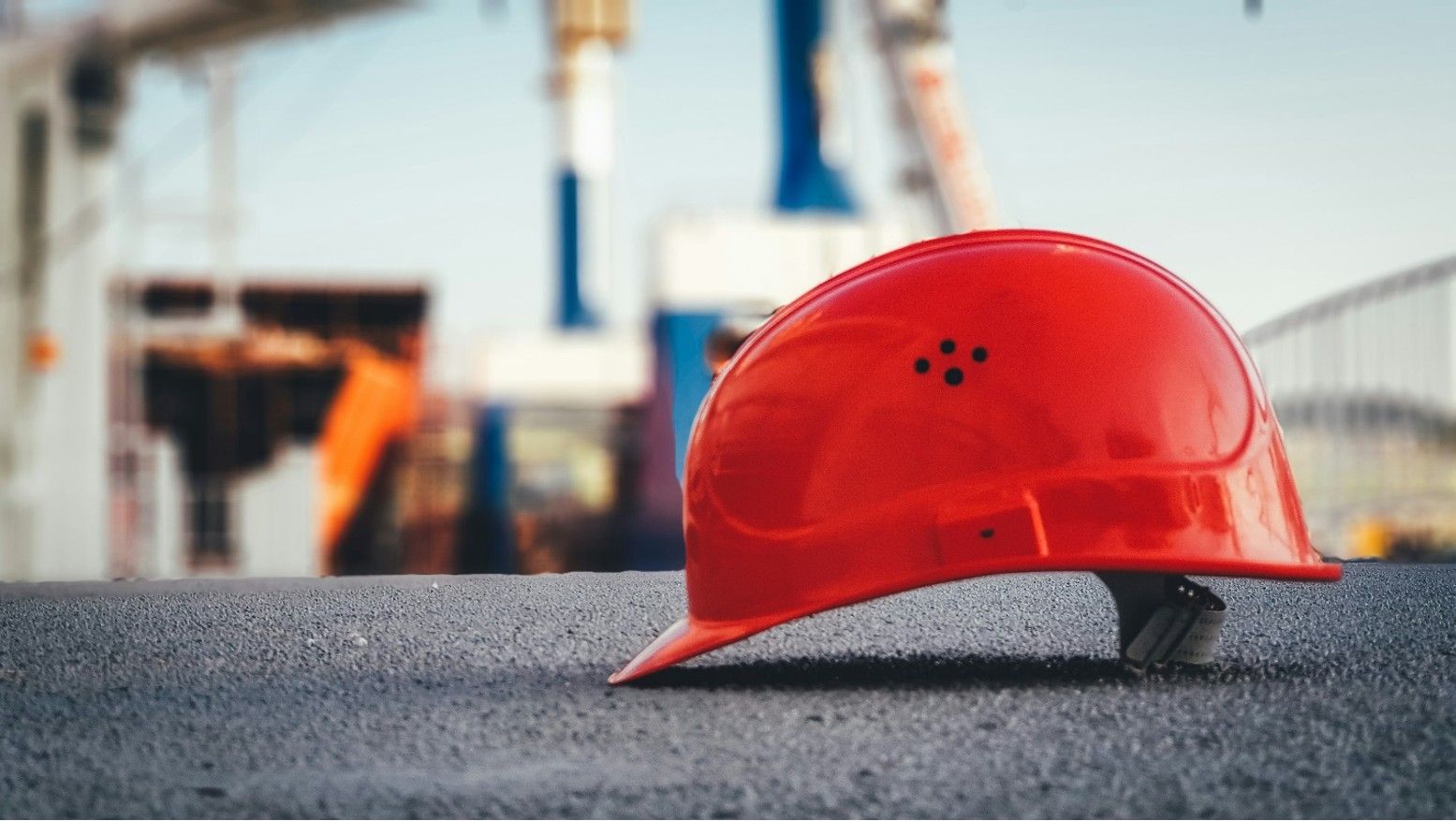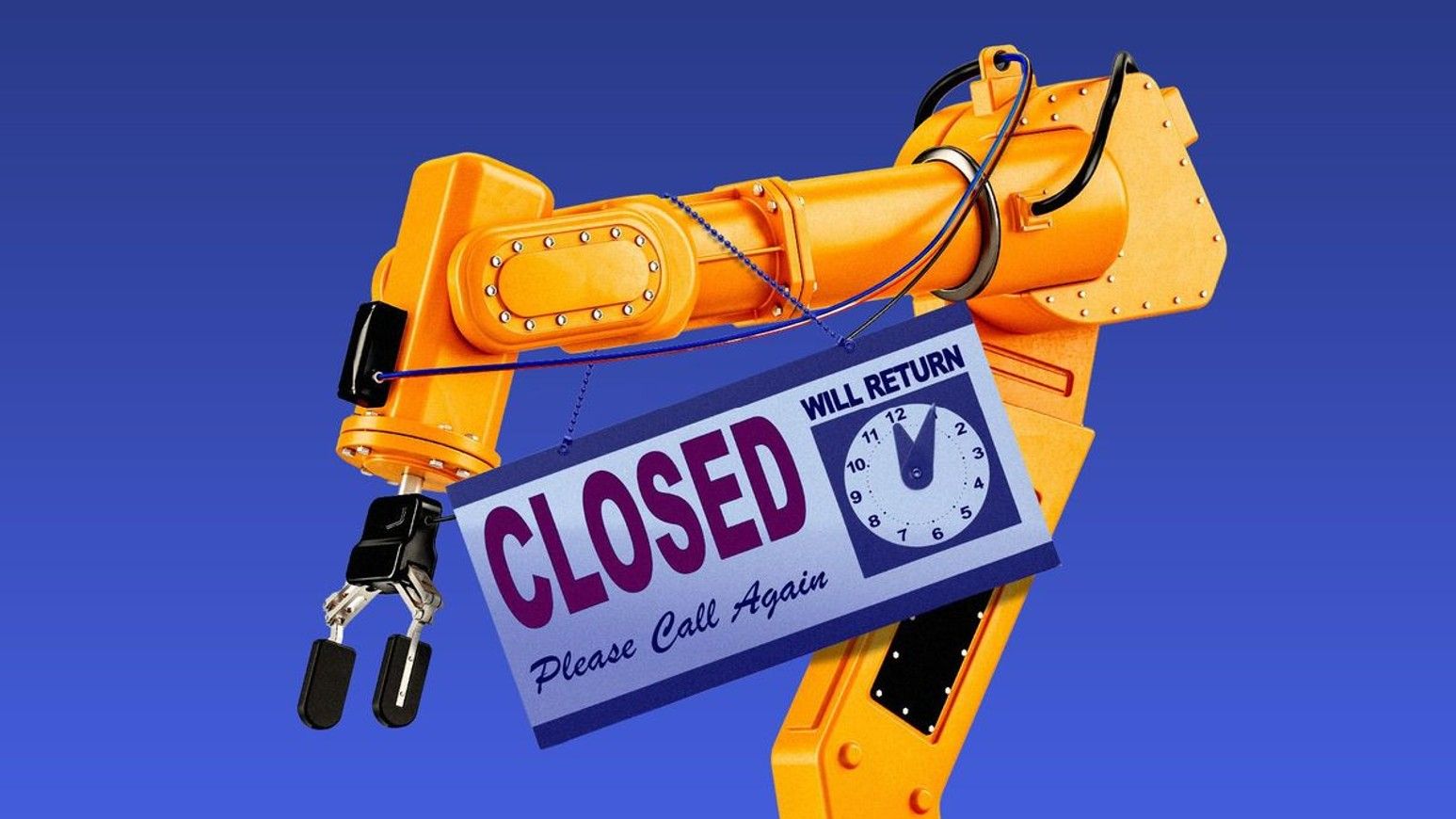Business Practices, eNews
Supply chain compliance essentials
Supply chain compliance is vital for businesses to maintain ethical standards, mitigate risks and uphold reputation contributing to long-term success and resilience in a globalized economy.
Why it matters: To avoid security, financial or other risks from vendors, credit professionals must adopt best practices in supply chain compliance.
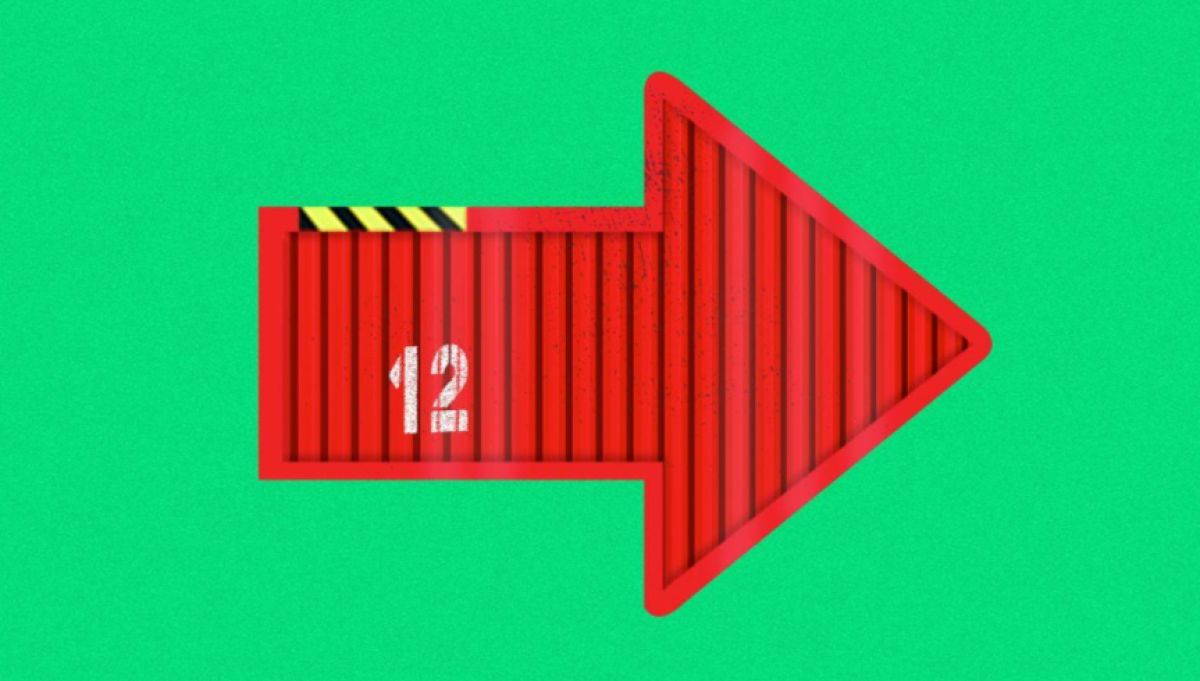
Supply chain compliance is vital for businesses to maintain ethical standards, mitigate risks and uphold reputation contributing to long-term success and resilience in a globalized economy.
Why it matters: To avoid security, financial or other risks from vendors, credit professionals must adopt best practices in supply chain compliance.
On February 14, 2024, U.S. Customs and Border Protection (CBP) detained thousands of Volkswagen Group (Volkswagen) vehicles for alleged nonconformity with U.S. forced labor laws. The vehicles contained a small electronic component that was prohibited from entering the U.S. under the Uyghur Forced Labor Prevention Act (UFPLA).
The UFLPA directs the Forced Labor Enforcement Task Force to develop a strategy for supporting enforcement of the prohibition on the importation of goods from China.
Situations like these are why U.S. regulations require importers to trace every product and its components from sourcing to consumer. This includes tracking the producers of individual components, their assemblers, the transporters and their routes.
What they’re saying: Shaun Papperman, CCE, CCRA, CICP, director, order fulfillment at Baltimore Aircoil Company, Inc. (Jessup, MD), says that during the supplier vetting process, they look deeper into the supplier’s values, financials, supply chain and where they source materials from.
“By understanding their supply chain, we can find out if we’re dealing with a company that’s higher risk for us, as we tend to avoid companies where that risk could exist,” Papperman said.
Vendor verification, assessing and confirming the legitimacy and reliability of a potential business partner, is key in supply chain compliance. It helps businesses with:
- Risk reduction: Commit to ethical business practices and compliance to enhance your organization’s reputation.
- Improved decision making: Base your decisions on verified information to create better partnerships.
- Enhanced reputation: Reduce the risk of fraud, legal disputes and operational disruptions.
Papperman also looks for areas of concern, whether it be conflict, child or forced labor or a host of ethical issues that they’d want to avoid. This includes using the U.S. Homeland Security’s UFLPA Entity List, a list of entities in Xinjiang that mine, produce or manufacture wholly or in part any goods, wares, articles and merchandise with forced labor.
- “We also have our customers and vendors flagged in a monitoring software called Amber Road that we use for both credit and OFAC tracking,” said Papperman. “Once a quarter, we double-check against that list to make sure none of our vendors are showing up, but also to ensure that none of the sub-vendors that we’re aware of are also appearing on that list.”
Yes, but: Keeping up with regulations can become a challenge as some countries are less likely to divulge information. “Some regions are harder to collect information from, depending on who the supplier is and the scope of their operations,” said Justin Angotti, associate at Reed Smith LLP (Mc Lean, VA). “Chinese companies, for example, are very hesitant to give information and tend to be hypersensitive to questions that reference the UFPLA Act, which targets China specifically.”
Yes, and: U.S. regulations frequently compel people in other countries to track information they normally wouldn’t, even if their actions are harmless or if they’re governed by different regulations. “And the more diversified the supply chain gets with various countries, the harder it will be to get the information required,” Angotti said.
What’s next: “I believe there’s a growing global emphasis on knowing the origins of products,” Angotti said. “For instance, Canada has announced reporting requirements in May and the EU is talking about enacting similar supply chain compliance laws to the U.S.”
While China receives a lot of attention, Angotti has noticed a large amount of goods coming from Malaysia, Vietnam, Thailand, Mexico and several other countries. “It is largely products from Asian countries that may have been made using forced labor in China,” he said. “So, keep an eye on customs to see where your suppliers fall and see what the risk is as it can help you forecast issues in the supply chain.”


